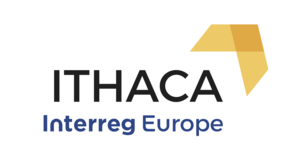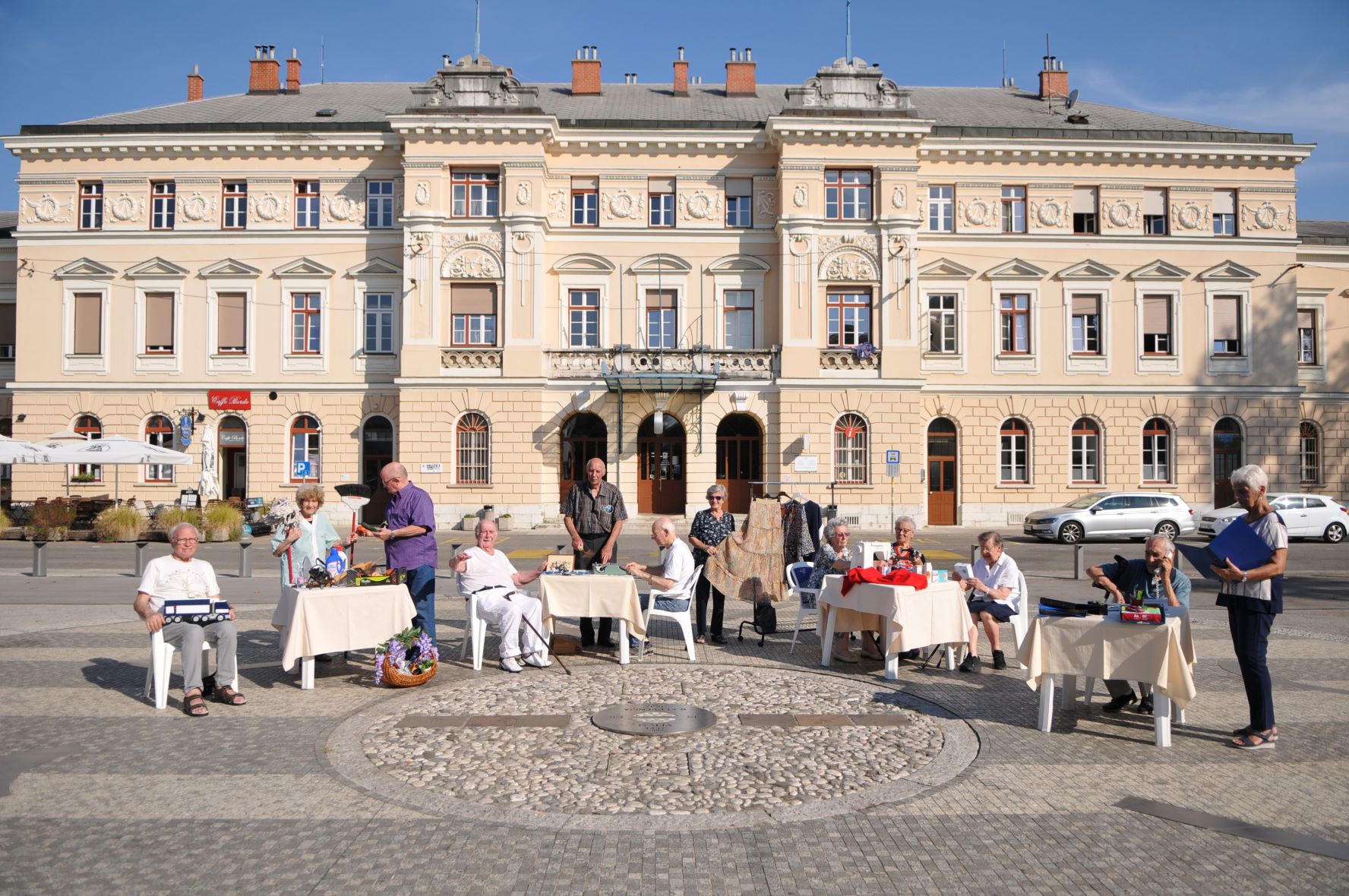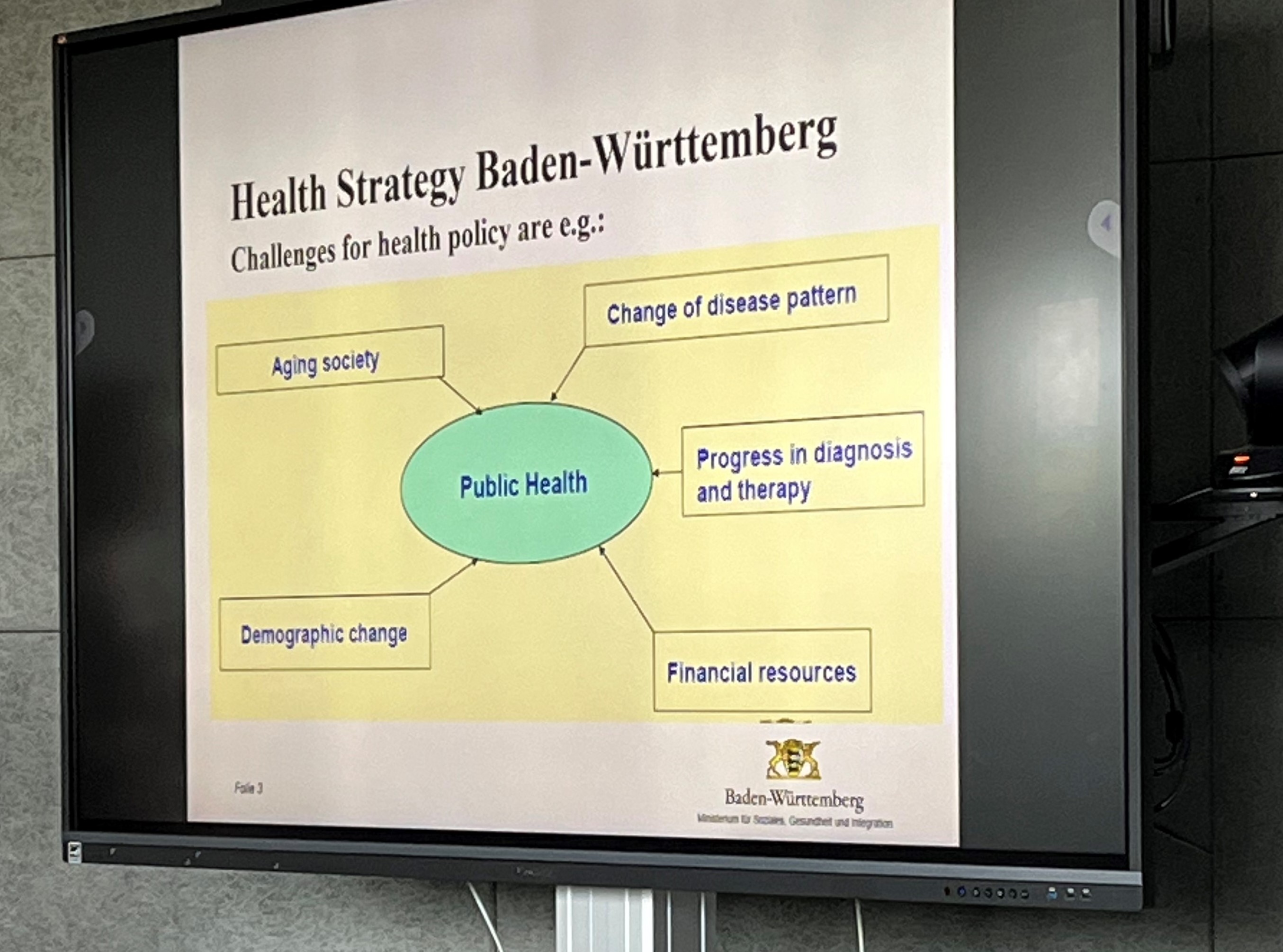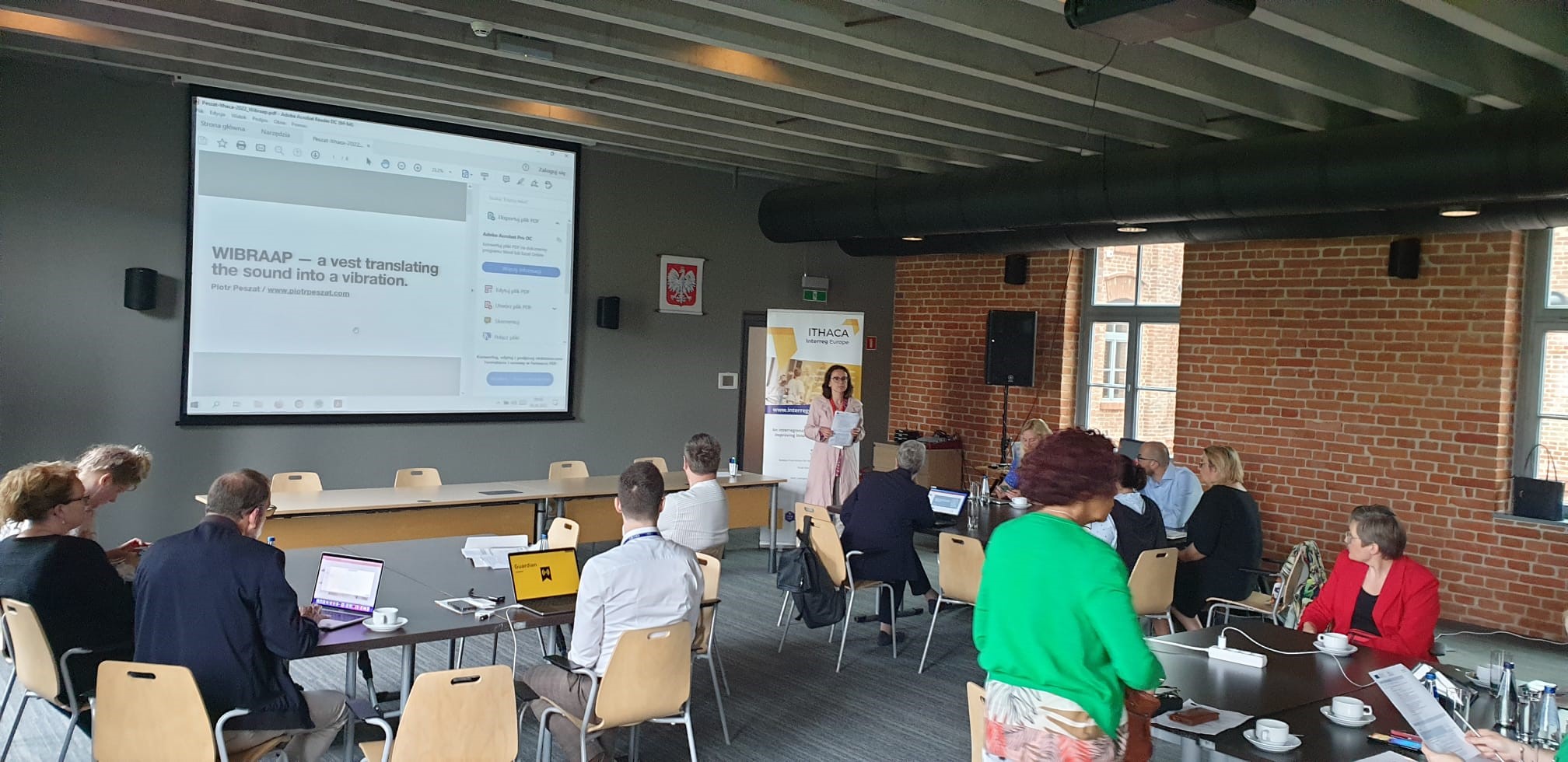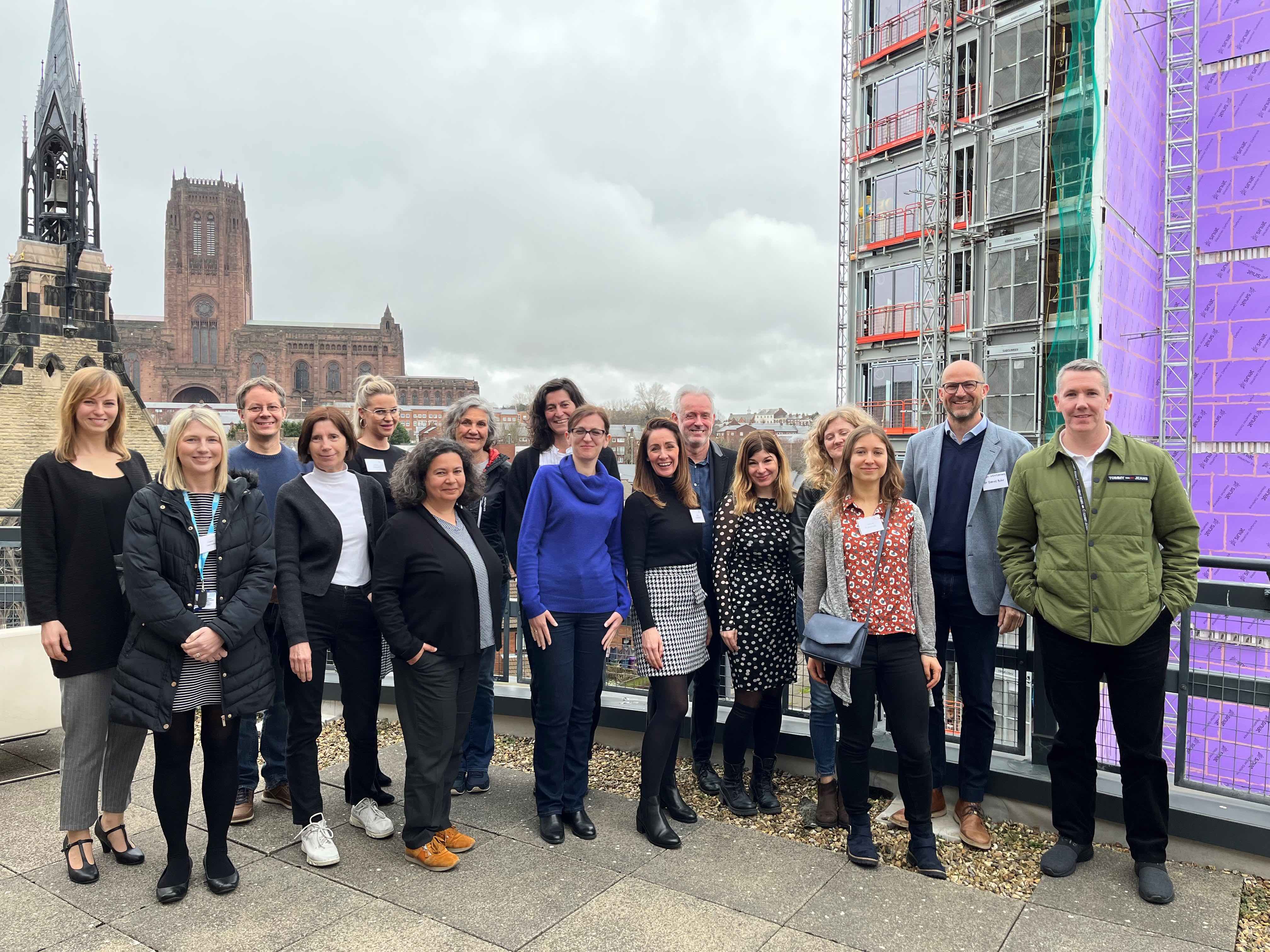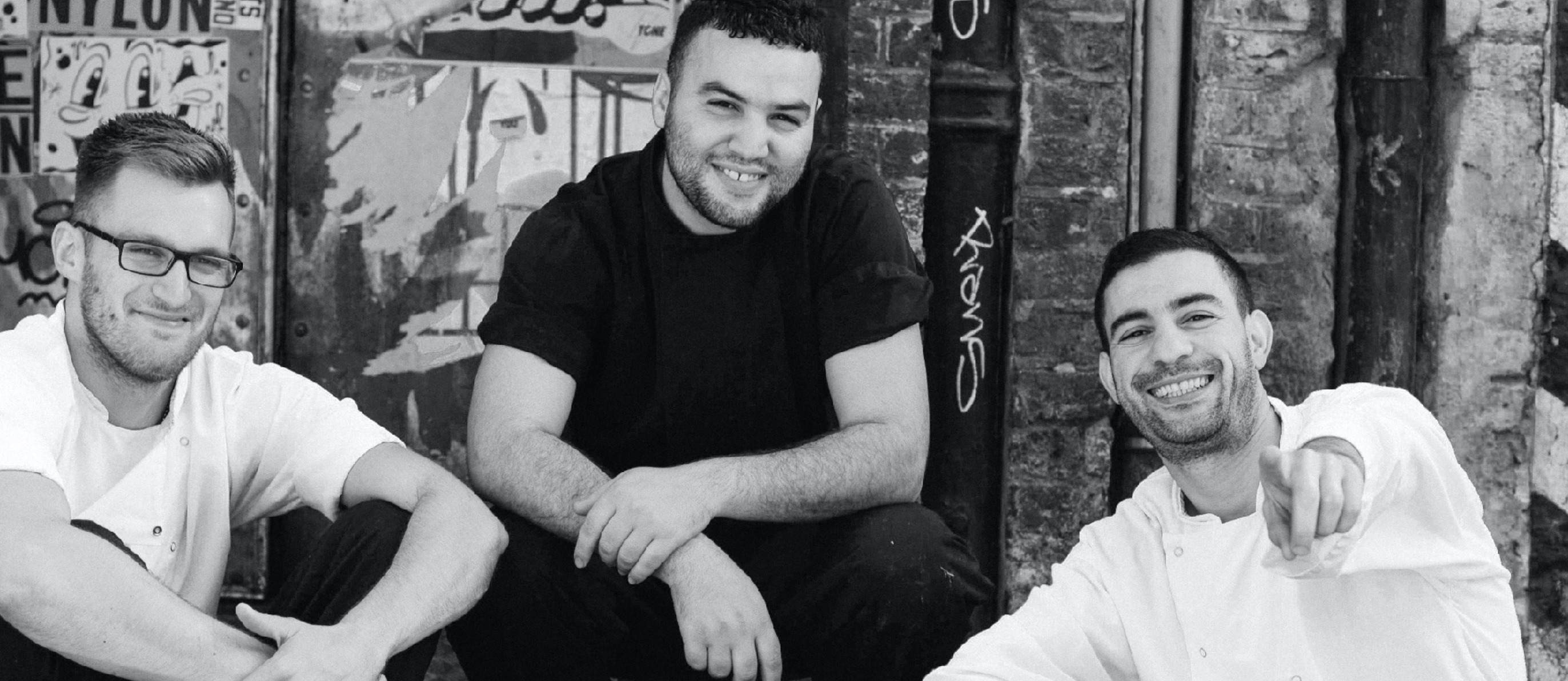Throughout the ITHACA project, the nine partnering regions arrange stakeholder group meetings for stakeholders in their respective regions. Networks of stakeholders include a wide variety of fields such as research centres, private companies, investors, municipalities, health and care sector and many more.
Regional stakeholders are actively involved in ITHACA and in the first round of group meetings they were introduced to the main aims of the project and a self-assessment tool. This tool is essentially a survey that will help ITHACA partners map their strengths and weaknesses, alongside results from the EEPE events. The stakeholders discussed and gave feedback on the assessment tool, which will be used in further work in the ITHACA project.
Below two examples on how the stakeholder meetings took place:
At the first meeting in Region Zealand in Denmark, stakeholders were introduced to the ITHACA project. Zealand had organised workshop sessions based on a story developed by a professional storyteller to help the stakeholders of the regional eco-system develop a joint story line and a communication and learning strategy for speakers about their work to innovate their region, to use at the second EEPE in Region Zealand in September.
Watch this video where Xenia Lauritsen and Esther Davidsen tell us about the meeting in Zealand:

The stakeholder meeting in Ljubljana, Slovenia also included an introduction to ITHACA. Main lessons from the first EEPE in Liverpool were presented and the stakeholder group was encouraged to propose additional stakeholders to the wider group. Furthermore, state-of-the-art solutions on smart care and health policy were introduced.
The meeting in Ljubljana also included a presentation on good practices of e-health and e-care from a representative of Baden-Württemberg, Germany.

At the next round of stakeholder meetings the main focus will be on implementing the self-assessment tool. This will involve stakeholders collecting information about and assessing the respective regions’ strengths and weaknesses, regarding the innovation cycle from invention to scaling up. This second round is to be held this second semester of 2017.
